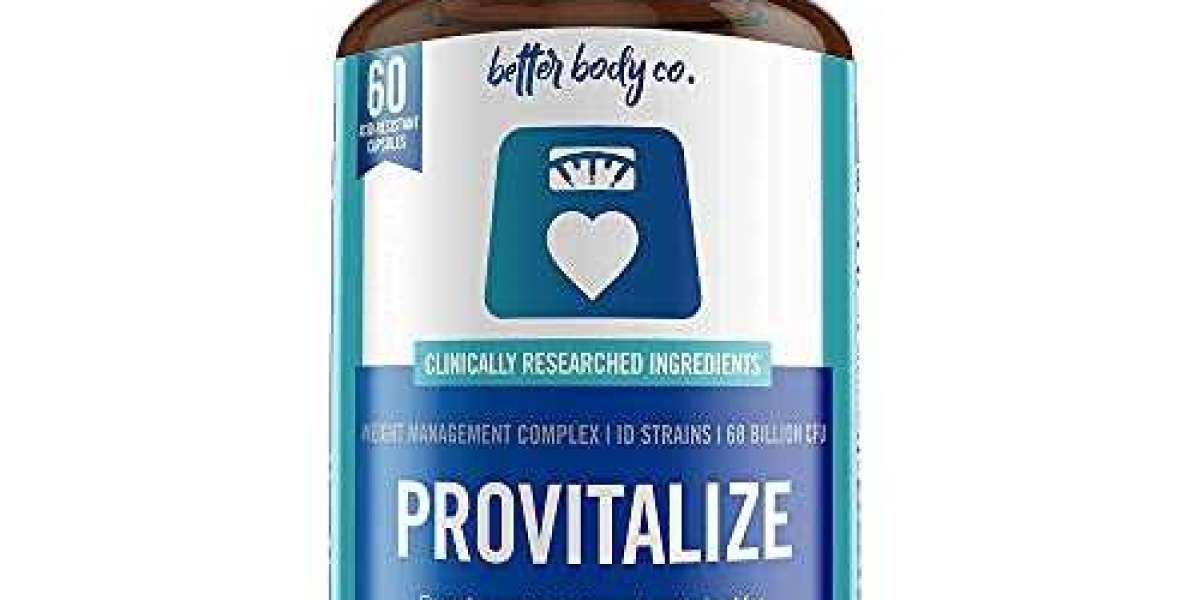Introduction:
New Jersey has comprehensive laws in place to address and combat domestic violence. These laws are designed to protect victims, hold offenders accountable, and provide avenues for support and assistance. In this article, we will explore New Jersey Domestic Violence Laws, the legal definitions, the protective measures available, and the potential consequences for offenders.
Legal Definitions of Domestic Violence
New Jersey law defines domestic violence as a pattern of abusive behaviors committed by one intimate partner against another. These abusive behaviors can encompass a wide range of actions, including but not limited to:
Physical abuse, such as hitting, slapping, or shoving.
Emotional abuse, which may involve threats, intimidation, or verbal harassment.
Sexual abuse, including non-consensual sexual acts within a relationship.
Stalking, which includes unwanted attention and harassment, whether in person or through electronic means.
Economic abuse, where one partner controls the finances and restricts the other's access to money.
Protective Measures and Restraining Orders
New Jersey offers several protective measures for victims of domestic violence. One of the most commonly used is the restraining order, also known as a domestic violence restraining order (DVRO). A DVRO can provide the following protections:
No Contact: The order can require the abuser to have no contact with the victim or anyone else named in the order.
Eviction: In cases where the victim and abuser reside together, the abuser may be evicted from the shared residence.
Custody and Visitation: The order may address child custody and visitation issues to protect the children involved.
Firearms Surrender: The court can require the abuser to surrender any firearms they possess.
Criminal Penalties for Offenders
New Jersey takes domestic violence seriously, and those who are found guilty of domestic violence-related offenses may face criminal penalties, including:
Criminal Charges: Offenders can be charged with specific crimes, such as assault, harassment, terroristic threats, or sexual assault, depending on the nature of the abusive behavior.
Fines and Jail Time: The severity of the penalties may vary based on the specific offense, the victim's injuries, and the offender's prior record. Fines and imprisonment are common consequences.
Probation and Counseling: In some cases, offenders may be required to attend counseling or undergo probation as part of their sentence.
Support Services for Victims
New Jersey offers a range of support services for domestic violence victims to help them regain control over their lives and recover from the trauma. These services may include:
Emergency harbors: Victims can find safe casing in harbors if they need to escape their abusers.
Counseling and Therapy: Mental health professionals and counselors can help victims cope with the emotional and psychological effects of abuse.
Legal Assistance: Legal aid organizations and domestic violence advocates can provide guidance on the legal process and help victims obtain restraining orders.
Conclusion:
New Jersey Domestic Violence Act are designed to protect victims, hold offenders accountable, and offer essential support services. These laws provide legal definitions of domestic violence, outline protective measures such as restraining orders, and establish criminal penalties for offenders. Moreover, the state recognizes the importance of supporting victims on their path to recovery, offering services like emergency shelters, counseling, and legal assistance.
If you or someone you know is experiencing domestic violence in New Jersey, it's crucial to seek help and support. Whether you're a victim in need of assistance or someone accused of domestic violence looking for guidance, understanding the laws and available resources is a critical step in addressing this serious issue and promoting safety and well-being for all involved parties.








